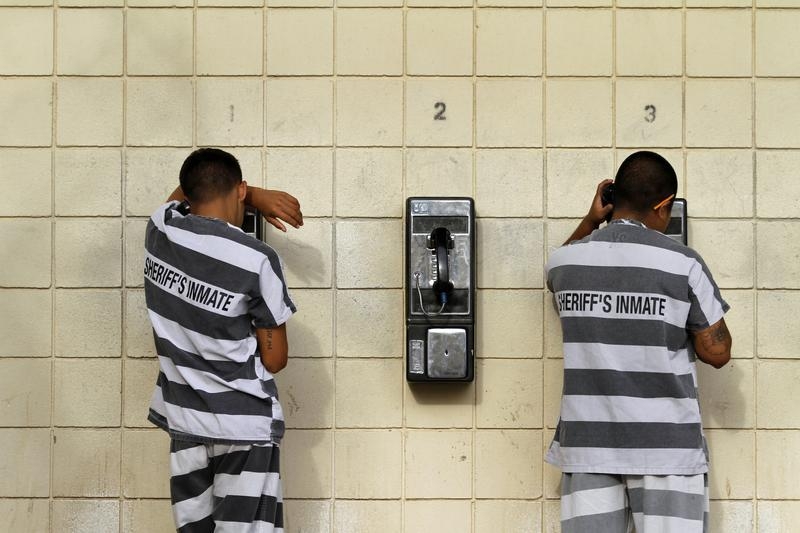
Prison terms for most drug offenses in the U.S. should be cut by an average of close to a year, the U.S. Sentencing Commission recommended Thursday.
The commission voted unanimously to cut lower-level drug penalties, and its recommendations will go into effect in November if Congress doesn’t block them.
Around 70% of drug trafficking defendants would qualify for the reduction, and their sentences would be mostly cut by around 11 months, from 62 to 51 months on average, according to the commission.
The move is part of an effort to reduce the growing federal prison population, and the policy is supported by the Obama administration.
“This modest reduction in drug penalties is an important step toward reducing the problem of prison overcrowding at the federal level in a proportionate and fair manner,” the U.S. District Judge Patti Saris, the commission’s chairwoman, said in a statement.
“Reducing the federal prison population has become urgent, with that population almost three times where it was in 1991.”
The lower prison sentences could cut the overall federal prison population by more than 6,500 inmates over five years, the commission said. Currently around 216,000 Americans are in prison for drug offenses.
More Must-Reads from TIME
- Cybersecurity Experts Are Sounding the Alarm on DOGE
- Meet the 2025 Women of the Year
- The Harsh Truth About Disability Inclusion
- Why Do More Young Adults Have Cancer?
- Colman Domingo Leads With Radical Love
- How to Get Better at Doing Things Alone
- Michelle Zauner Stares Down the Darkness
Contact us at letters@time.com